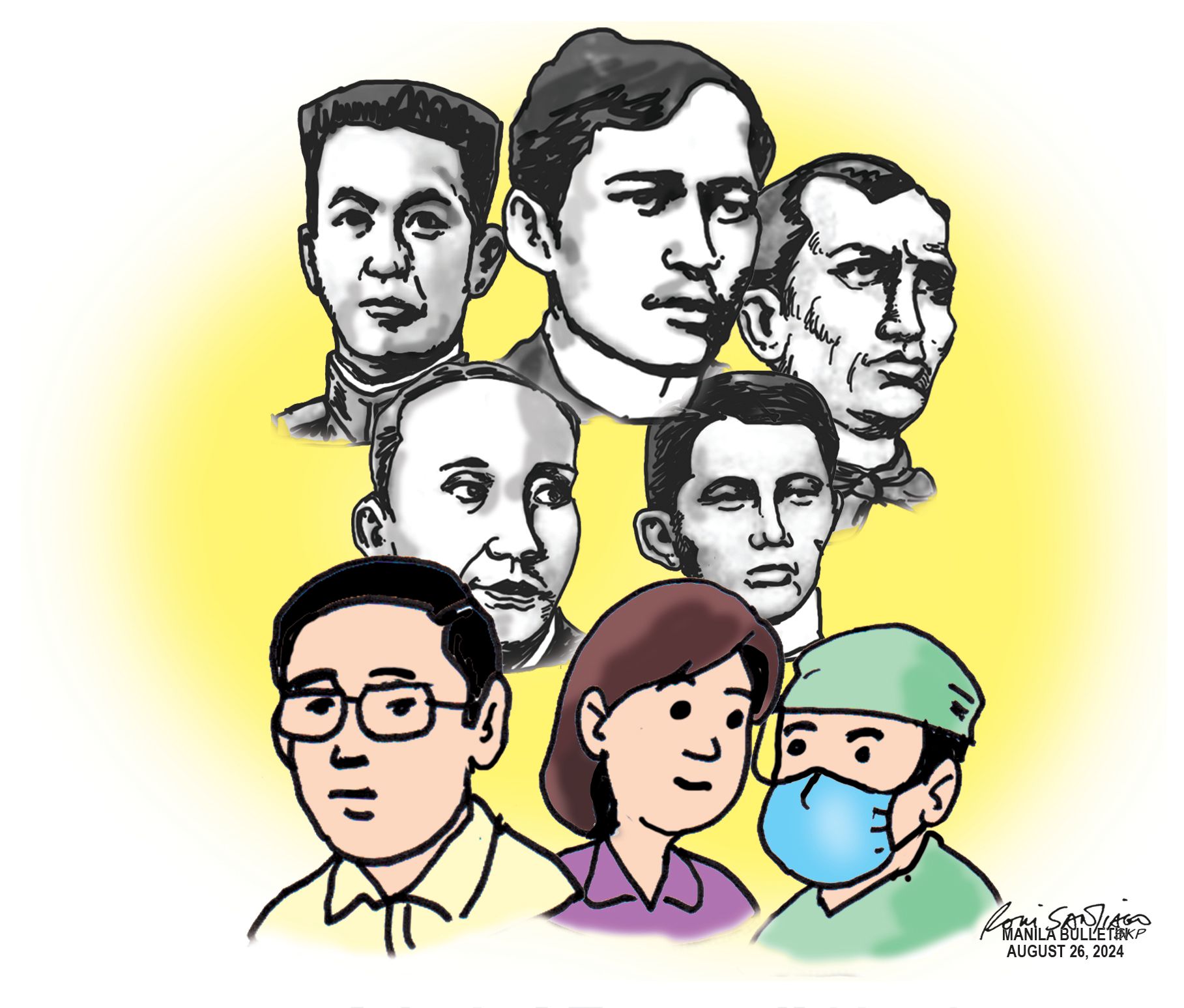
National Heroes Day in the Philippines is more than just a public holiday; it is a day that encapsulates the country's deep respect and admiration for those who have sacrificed their lives for freedom and justice. The observance of this day has undergone significant changes since the declaration of Philippine independence in 1898, reflecting the country's evolving identity and the ongoing quest to make the concept of heroism relevant to each generation.
The first formal celebration of what would become National Heroes Day was held on Nov. 30, 1898, the birth anniversary of Andrés Bonifacio. However, it was not until 1931, under the American colonial administration, that a broader concept of heroism was institutionalized. Act No. 3827, passed by the Philippine Legislature, declared the last Sunday of August each year as a national holiday in honor of all Filipino heroes, regardless of whether they were famous or unnamed. This shift reflected an inclusive understanding of heroism, recognizing that the fight for freedom and justice was a collective effort involving countless individuals across the archipelago.
After World War II and the establishment of the Third Republic of the Philippines, National Heroes Day was further cemented as a day of remembrance. The celebration was moved to the last Monday of August, aligning it with the government's efforts to build a cohesive national identity after the ravages of war. Since then, the holiday has been a reminder not only of the heroism of those who fought against colonial powers but also of the enduring spirit of resistance against oppression and injustice.
The observance of National Heroes Day can be made more meaningful and relevant by expanding the definition of heroism to include modern-day challenges and the new forms of sacrifice they require.
During the long period of the Covid-19 pandemic, we recognized the valor and dedication of healthcare workers, frontliners, and everyday citizens showed extraordinary courage. As the country grapples with social and political issues, acknowledging the contributions of activists, journalists, and educators who strive to uphold democracy and human rights is equally important.
As the Philippines faces the consequences of climate change, environmental defenders who work tirelessly to protect the country’s natural resources and biodiversity must also be celebrated. Their efforts are crucial in safeguarding the future of the nation for generations to come.
To make National Heroes Day more impactful, there should be a concerted effort to engage the youth and integrate the stories of contemporary heroes into the educational curriculum and public discourse. Social media campaigns, public art installations, and community-driven initiatives can also play a vital role in inspiring a new generation of Filipinos to embrace the values of courage, selflessness, and patriotism.
As we observe National Heroes Day, let us remember that heroism is not confined to the past. It is a living, evolving concept that must be continually redefined to resonate with the challenges and aspirations of the present. By honoring both the heroes of history and those of today, we can ensure that the legacy of courage and sacrifice that has shaped our nation continues to inspire and guide us in building a just and prosperous future.